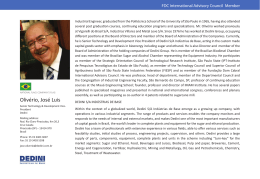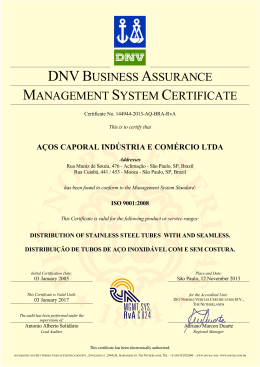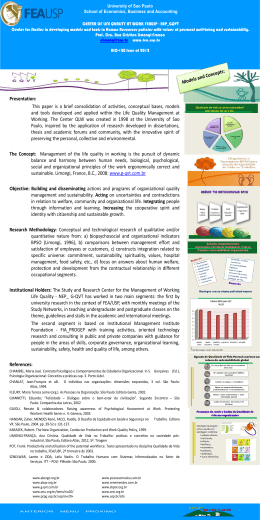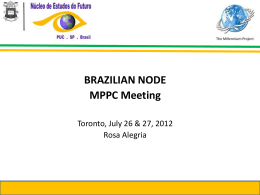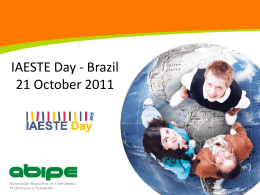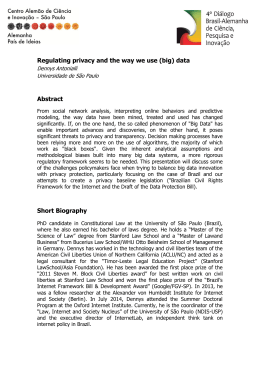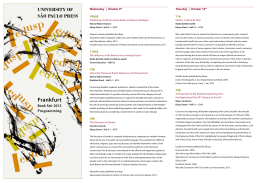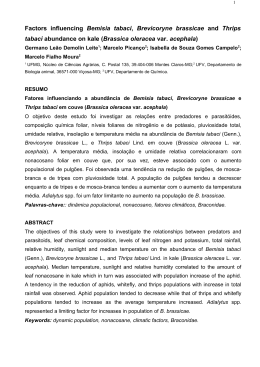Open letter to SBPC (Brazilian Society for the Progress of Science) and ABC (Brazilian Academy of Science). The purpose of this letter is to urge SBPC and ABC to organize a wide ranging dialogue concerning: 1) questions connected with the safety of using transgenics, and the alleged necessity of using them for meeting the food and nutrition needs of humanity; 2) the involvement of science in developing practices such as agroecology that provide alternatives to transgenics-based agriculture. In the controversies that have unfolded about transgenics in recent years, no genuine dialogue has been occurring between proponents and critics of using transgenics. It is as if there are two opposed fundamentalisms: mutual understanding is lacking; the same firmly held convictions keep being repeated over and over again; significant differences are not identified and critically discussed; and scientific investigation that might be able to resolve key points of contention is not conducted. Each party feels that the other has misrepresented its claims, actions and motivations. The proponents insist that their claims have the weight of scientific authority behind them; the critics bemoan that their criticisms are not addressed and often dismissed in a condescending and scientifically inappropriate manner. Given the resulting frustration, each party tends to portray the other in ways that the other regards as unfair, and to trade ethically-loaded insults: the proponents as acting according to commercial rather than scientific interests, the critics as motivated simply by ‘ideological’ or ‘anti-science’ outlooks. Our proposal to SBPC and ABC represents an attempt to go beyond this unfortunate state of affairs. It has its origins in the exchange that we had earlier this year with representatives of CTNBio [National Technical Council on Biosecurity], SBPC and ABC.1 Contrary to the opinion of the majority of the scientists who have served on CTNBio, we – as well as a sizable minority of scientists who have served on CTNBio, significant numbers of agronomists, farmers and rural workers, and many philosophers and sociologists of science like ourselves – maintain that there are several disputed issues pertaining to science that are at the core of the controversies about using transgenics. These issues include: (1) the role that scientific contributions should play in deliberations about risk management and about public policy, and the kinds of scientific research that need to be conducted (using appropriate kinds of methodologies) in order to to make these contributions; (2) results that have been (and can be) established by scientific research about harm caused by and risks occasioned by using transgenics, and about the forms of agriculture that are viable and necessary; and (3) frequently made claims that using transgenics does not cause harm or occasion serious risks, and that scientific authority supports the adequacy of the risk studies that have been conducted prior to releasing varieties of transgenics for commercial use. These questions point to a variety of specific issues, one of the most important of which concerns glyphosate and varieties of transgenics whose uses require the application of this agrotoxic. This was the central topic of our last communication in the exchange referred to above – and it was not responded to. Brazilian legislation separates the responsibilities involved in risk assessment: CTNBio has the responsibility to deal only with the direct and specific effects of the transgenics, while ANVISA [National Agency for Health Monitoring] and the Ministry of Agriculture are responsible for dealing with the effects of agrotoxics. Taking note of this separation, we concluded that “to provide evidence that transgenics resistant to glyphosate have no direct harmful effects does not imply that using them is safe. At most, it implies that any harm that may actually be caused is not directly caused by them, but by other aspects of how they are cultivated. If the mandate of CTNBio is limited to dealing with the direct effects of transgenics, it does not lie within its competence to make affirmations about the safety of those that are actually being used in agricultural practice.”2 We are here questioning the scientific adequacy of the procedures and methods used when conclusions are drawn about the safety of using transgenics – not the personal motivations and intentions of the scientists who serve on CTNBio. We hold the view that following these procedures serves the interests of agribusiness and export-oriented governmental policies very well; and the defenders of CTNBio affirm: “The separation of the two analytical procedures is not an antidemocratic or reductionist maneuver; rather it reflects a technical stance that is accepted and ratified throughout the world and is in line with international treaties and accords concerned with trade and the protection of health and the environment.”3 Be that as it may, whether or not the procedures are scientifically adequate needs to be evaluated independently of issues about the interests they serve and the requirements of international agreements. It is also important to address methodological issues connected with the claim that science supports that transgenics are ‘necessary to feed the world’. This claim is frequently repeated, with the aim of justifying emphasis being put on research having to do with developments of transgenics and giving them a central role in national and international agricultural policies. On the other hand, it is increasingly being challenged by respected international bodies connected with developing agricultural policies that contribute to resolving problems connected with food security (and other human rights) in impoverished areas of the world,4 as well as by numerous movements worldwide that defend policies and practices of ‘food sovereignty’, especially of agroecology, as essential for making food security a reality for everybody. These challenges should be considered by scientific organizations, and if they are sustained, priorities for scientific research should be reconsidered. This is not a matter of curtailing scientific research, but of extending it more thoroughly and rigorously into areas that are currently marginalized. It is in this spirit that we urge SBPC and ABC to organize a dialogue that is appropriate to the difficulty and significance of the issues at stake. It is in their purview to do so, since they are responsible for protecting the integrity of science and strengthening scientific research in Brazil. In addition, SBPC has a large established network that extends throughout the country. There is a unique opportunity here for Brazilian scientific organizations to take the lead in addressing these questions that have worldwide implications. The specific forms that the dialogue could take are open to discussion; but they cannot be limited to exchanges of short articles in the press or in JC-Notícias, or to an occasional seminar at annual meetings of SBPC. Extensive discussion involving people with different perspectives will be needed so that there can be sustained and reflective responses that take into account all the conflicting positions. São Paulo, November 10, 2015 Pablo Rubén Mariconda, Hugh Lacey, Marcos Barbosa de Oliveira, José Corrêa Leite & Márcia Tait Lima, members of the research group of Philosophy, History and Sociology of Science and Technology, Institute of Advanced Studies, University of São Paulo ([email protected]). __________________________________________________________________________ The contributions appeared in JC-Notícias [Jornal da Ciência, e-publication of SBPC] and in Folha de São Paulo [daily newspaper]. They include: Walter Colli, Helena Nader & Jacob Palis Junior, “Ciência, sociedade e a invasão da CTNBio”, Folha de S. Paulo, April 8, 2015; Hugh Lacey, José Corrêa Leite, Marcos Barbosa de Oliveira & Pablo Rubén Mariconda, “Transgênicos: malefícios, invasões e diálogo”, JC-Notícias, April 30, 2015, item 9. 1 Hugh Lacey, José Corrêa Leite, Marcos Barbosa de Oliveira & Pablo Rubén Mariconda, “Transgênicos: diálogo”, JC-Notícias, May 22, 2015, item 27. On harm and risks of agrotoxics and transgenics, see: Fernando F. Carneiro et al (eds.), Dossiê ABRASCO: Um alerta sobre os impactos dos agrotóxicos na saúde. Rio de Janeiro / São Paulo: Escola Politécnica de Saúde Joaquim Venâncio e Expressão Popular, 2015; Gilles Ferment et al., Lavouras transgênicas: riscos e incertezas: mais de 750 estudos desprezados pelos órgãos reguladores de OGMs. Brasília: Ministério de Desenvolvimento Agrário, 2015. 2 Paulo Paes de Andrade, Francisco G. Nóbrega, Zander Navarro, Flávio Finardi Filho & Walter Colli, “Transgênicos: benefícios e diálogo,” JC-Notícias, May 4, 2015, item 9. 3 A representative example is Olivier de Schutter, ‘The transformative potential of the right to food’. Report of the Special Rapporteur on the right to food. Human Rights Council, General Assembly of the United Nations, January 24, 2014, <http://www.srfood.org/images/stories/pdf/officialreports/20140310_finalreport_en.pdf>. 4
Download

